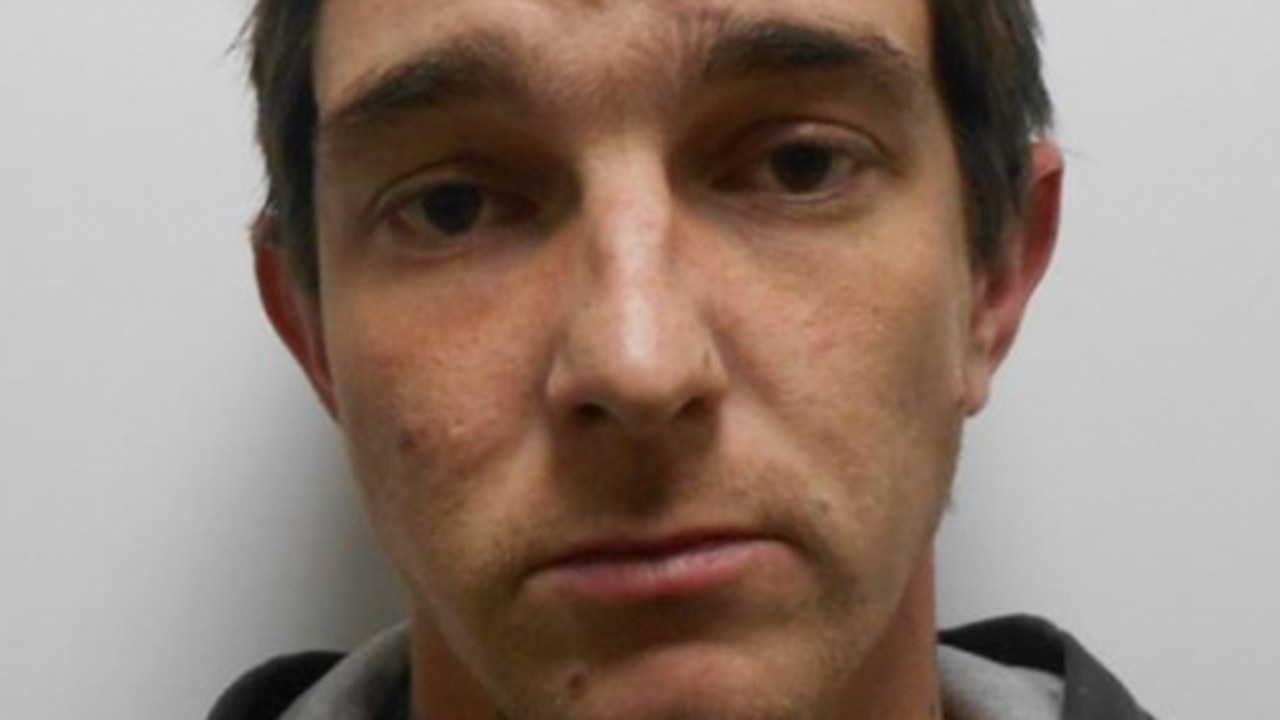Police speak at public hearing into Queensland’s youth justice reform
Annastacia Palaszczuk’s plan to help stop violent youth crime will come under the spotlight this week, with police among many to have their say.
NewsWire
Don't miss out on the headlines from NewsWire. Followed categories will be added to My News.
One of Queensland’s top cops has revealed officers will be ready to immediately crack down on serious youth offenders once the state’s new youth justice laws pass.
The government’s economics and governance committee will hear from representatives from the Queensland Police Service, child safety and youth justice and the Department of Justice and Attorney-General on Monday
The public briefing is the first step into fleshing out the Strengthening Community Safety Bill 2023, which is set to be tabled in parliament on March 10.
The Queensland government backflipped this month on its youth justice strategy and planned to reintroduce breach of bail as an offence for juveniles due to mounting pressure.
The legislative changes also include $332m of investments to address the youth crime issue statewide, including spending $42m on creating a flying quad of officers who can visit crime hot spots.
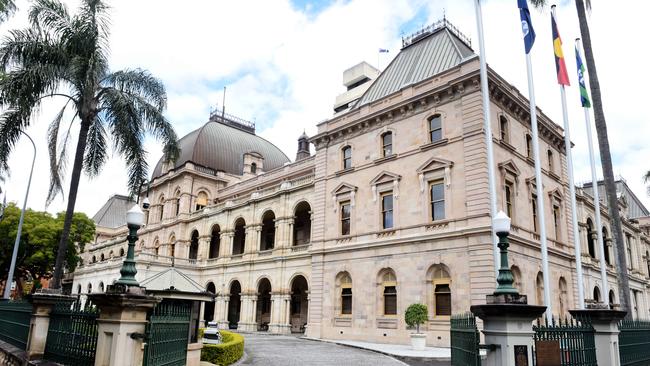
Queensland’s Youth Crime Taskforce commander Acting Assistant Commissioner George Marchesini told the briefing the QPS was “readying itself” if the Bill should pass to implement the changes immediately.
He said the new reforms would be another “suite of tools” for police to curb youth crime.
“Obviously, what we do is not a single initiative,” Mr Marchesini said.
“There’s a number of tools, not just the amendment itself.
“There’s obviously a number of options police have available, and if we’re looking at the broader cohort … a big part of that work is early intervention. That involves cautions and the restorative conferencing which is a piece of work we very much focus on.”
The committee was told police continued to work with multi-agency collaborative panels across 18 areas in Queensland to manage about 400 serious youth offenders.
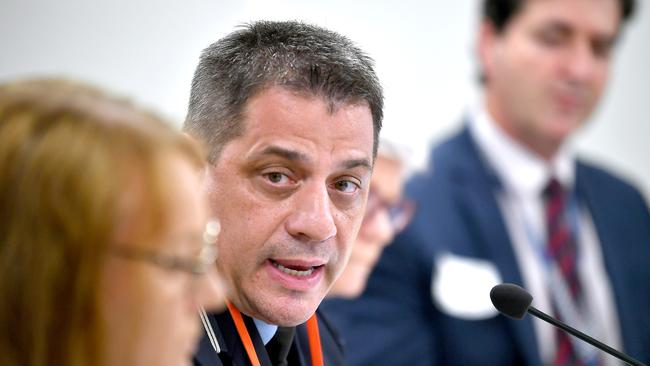
Youth Justice Unit Crime and Intelligence Command manager Inspector Grant Ralston said the panels provided better early intervention measures.
He explained the panels worked with the serious youth offenders’ families and support networks in an effort to “break that cycle”.
“With the serious repeat offender cohort there appears to be a lot more background and years of trauma coming from the homes and family unit from those, so we’re doing everything we can to break that cycle,” Inspector Ralston said.
The youth crime reforms will reassess targeting serious repeat offenders, community safety, and tackling the cause of youth crime.
The proposed Bill will amend existing acts, including increasing the maximum penalty for unlawful use of a vehicle from seven to 10 years imprisonment, creating higher penalties for people who brag about their crimes on social media, and changes to juvenile bail conditions.
Under the new legislation a young offender who breaches bail conditions will be charged with an offence in Queensland.
This means tougher sentencing principles will be applied against those particular youth offenders who are in breach of a condition of their bail, including curfew breaches.
People who are passengers in stolen vehicles, commit burglary or enter a premise to commit an indictable offence will also have a presumption against bail.
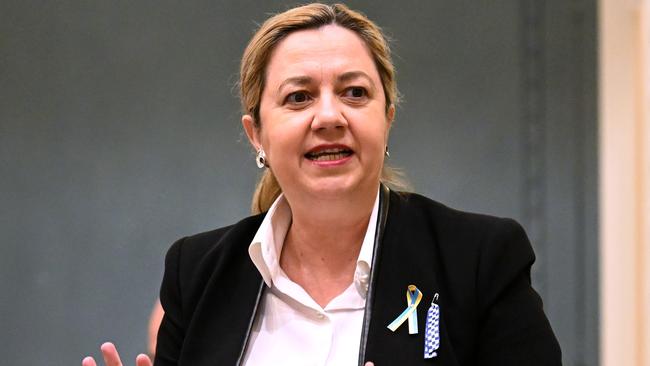
Youth Justice Service acting deputy director General Bernadette Harvey said the courts would ultimately have the final say on whether breach of bail was implemented but it would rely on five key principles before sentencing.
“The declaration will apply to young people who have already been sentenced to a detention order,” she said.
Ms Harvey clarified those principals were the need to protect the community, the nature or extent of violence during offending, the disregard the juvenile had for safety, the impact on safety, and the child’s bail and criminal history.
Youth Justice Legislation Projects acting director Phil Hall said currently under the legislation a juvenile has to show why keeping a condition under a conditional release order “is the best” option.
He said this Bill, if passed, would change that by allowing the court to immediately revoke the order unless there were special circumstances. Mr Hall explained these could include the nature of the breach, how often the offender had complied to bail or even a change in the juvenile’s living arrangements.
Ms Harvey said there were 30 18-year-olds in youth justice facilities.
Under the reforms, youth offenders who are 18 years old and still in youth justice custody would be moved to adult detention centres.
The committee was told the new reform would not be retrospective, but it was expected those still in remand could be moved to adult facilities once the court process was initiated.
Mr Marchesini said there had been an “emerging issue” with the use of social media, with young offenders looking for ”notoriety” gained by posting about their offending online.
He said the new reform will also allow police to work with social media stakeholders to monitor and remove online content related to a certain crime.
“What is being posted online, it’s a mammoth task,” he said.
“Having the social media monitoring is one key component, having the ability to reach out to those platforms … to take those images off the platform.”
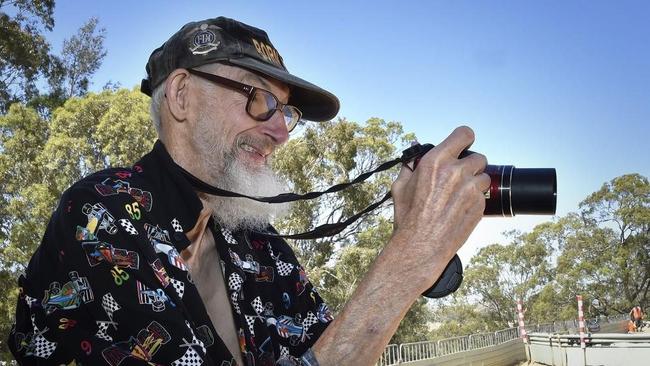
Queensland Premier Annastacia Palaszczuk told parliament on February 21 the reform was about “putting community safety first”.
“We have listened to the community,” Ms Palaszczuk said.
“We will use the full force of the law to target the small cohort of serious repeat offenders that currently pose a threat to community safety.”
It came after public outrage following the alleged murder of 75-year-old Robert Brown, who was allegedly attacked by a group of teenagers in broad daylight in Toowoomba.
Three teenagers, an 18-year-old and two 17-year-olds, have since been charged with murder after Mr Brown died from his injuries a week after the alleged attack on February 6.
Originally published as Police speak at public hearing into Queensland’s youth justice reform



